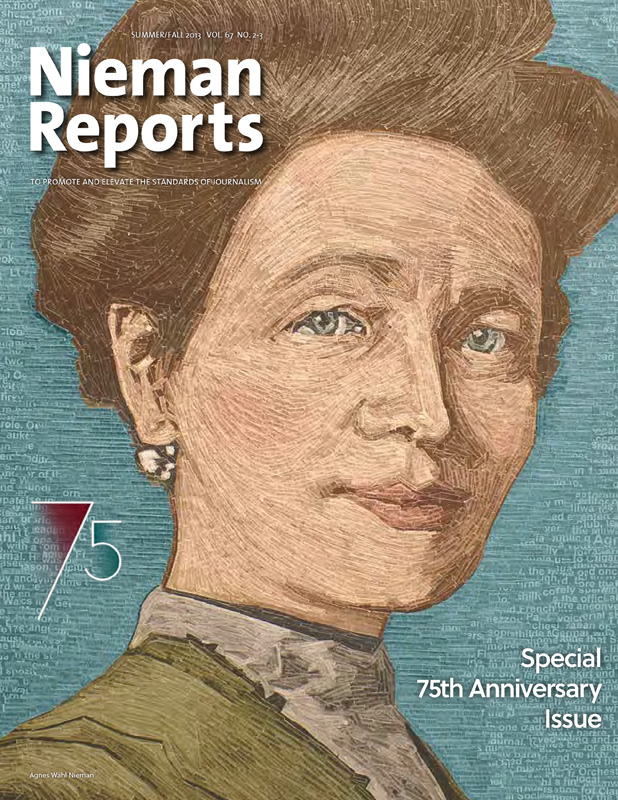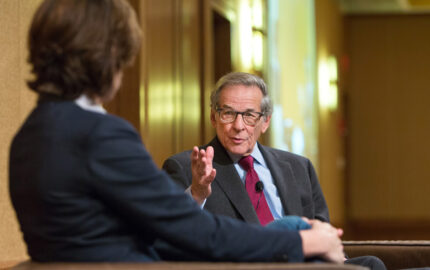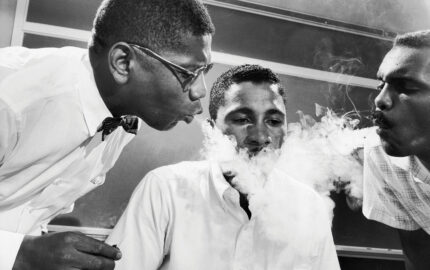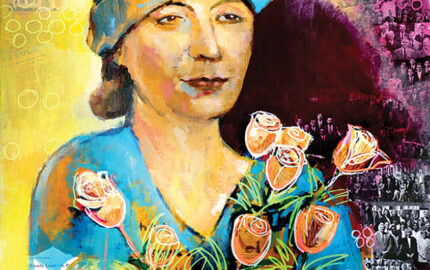For more than 30 years, Pride edited the Concord (N.H.) Monitor
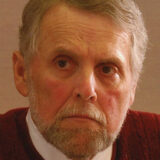
Zwelakhe Sisulu, my 1985 Nieman classmate, and curator Howard Simons changed my life. Zwelakhe, the South African in our class, was the son of Walter Sisulu, who was then in prison on Robben Island with Nelson Mandela. Zwelakhe had been tortured for reporting the news. In his calm, mild way, he told us that his generation would probably have to be sacrificed to end apartheid. Until Zwelakhe shared his story, I took for granted the freedom to edit a newspaper without fear of repercussions from some higher authority.
After the Fellowship, I went back to my job as editor of the Concord (N.H.) Monitor, a 20,000-circulation daily. Like a lot of Niemans, I didn’t expect to stay long. As I considered other jobs, Howard’s advice was constant: Think about what you have now, and make sure where you’re looking is really better.
Well, I never left. I edited the Monitor for 30 years, learning how right Howard had been.
In 1989, Howard had been diagnosed with pancreatic cancer and Zwelakhe was again detained in South Africa. Somehow Howard worked his magic to get Zwelakhe a last-minute visa to come to an all-class Nieman reunion. I picked him up at Logan and drove him to Memorial Hall, where a huge banquet was in progress. We walked into the hall and up the aisle toward Howard’s table. As it dawned on people that it was Zwelakhe coming in, they stood and clapped. By the time he reached Howard and bent in to hug him, everyone was cheering.
Howard died shortly after the reunion, Zwelakhe last year. Recalling their embrace, I think of a free press, an ideal too easily taken for granted, and community journalism, the endangered cornerstone of democracy.

